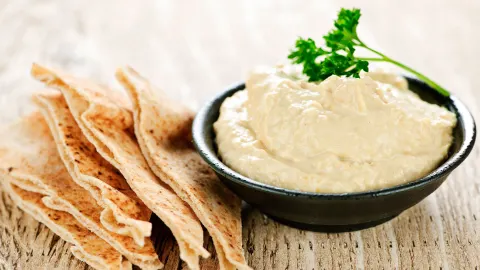Diet and nutrition
Introduction
When it comes to diet and nutrition, there's a lot of information out there. But what's right for you may not be right for someone else.
To help you make more informed decisions about your diet—and to help you get the nutrition your body needs—we're breaking down a few of the key subjects. Equipped with this information, you can work with your healthcare provider (HCP) to make the best decisions for you.
From dietary supplements and healthy eating, to recipe and snack ideas, to easy-to-follow tips for making the right food choices, our diet and nutrition hub gives you easy access to the information you want most.
Because some foods and dietary supplements can interact with certain medications and conditions, it's important to talk with your HCP before making any dietary changes.
Together, you can find the best path to wellness.
Dietary supplements
If you don't think you're getting all the nutrition you need from the food you eat, you might be considering a supplement, like zinc, iron, vitamin D or C, or a multivitamin. But should you? Read about some of the vitamins and minerals you might find at the drug store and find out what, if anything, they can do for your body and your health. Then talk with your HCP about what is right for you.
Healthy eating

Do you need a new diet plan? Maybe one that's heart-healthy and low in sodium? Or are you looking for healthy recipes that are delicious and nutritious? Maybe you simply need some snack ideas to help you feel satisfied without weighing you down. You've come to the right place. With easy-to-follow recipes and ideas, we're here to help you find healthy new dishes you and your family will love.





